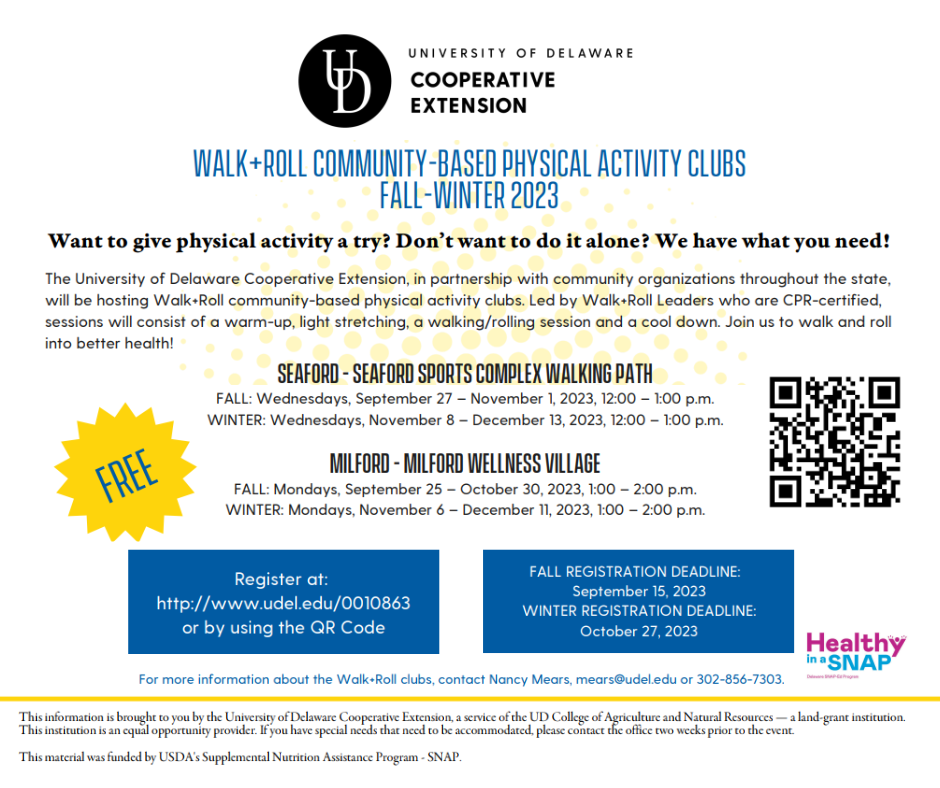Getting moving is key to keeping young, healthy and even helps make us more happy. It’s as simple as it’s definition: “Physical activity is defined as any form of exercise or movement.” However, often we struggle to know where to start (and find the motivation to actually do it). So let’s talk about the how and why!
For adults, at least 150 minutes of moderate-intensity aerobic activity is recommended per week. This is about 30 minutes of physical activity per day, on most days, where you are breathing a little heavier than normal but can still carry on a conversation.

There are many ways a person can be physically active, such as running, walking, swimming, yoga, gardening, sports, household chores, yardwork, dancing, etc. Some careers are very physically demanding as well, for example, farming. Physical activity has been shown to provide many health benefits, both physical and mental. Many of these benefits can be experienced within a relatively brief time of beginning a physical activity regimen. Every single person can benefit from being physically active – regardless of shape, size, age, gender, race, ethnicity or health condition!
Here are some of the top benefits of participating in regular physical activity:
- Sleep. Regular exercise reduces stress, promotes relaxation, and sets the stage for better sleep patterns. However, the timing of when you exercise is important. It is important to not exercise too close to bedtime as this could affect your ability to fall asleep. A general rule of thumb is to stop exercising within 1-2 hours before bedtime. Listen to your body and exercise when it feels best for you.
- Brain Health. People who move more have better cognitive function. When a person is physically active, their heart rate increases, and more oxygen is pumped to the brain. As a result, a person’s ability to think, learn and problem-solve improves.
- Chronic Diseases. Physical activity can help reduce and/or prevent many chronic diseases including dementia, depression and anxiety, high blood pressure, high cholesterol, many types of cancer, heart disease, type 2 diabetes, and obesity.
- Healthy Weight. Being physically active is important when trying to maintain a healthy weight. Physical activities help balance the energy consumed through calories. The amount physical activity a person needs depends on whether a person is trying to lose weight or maintain their current weight.
- Bone and Muscle Strength. Physical activity plays an important role in keeping your muscles and bones strong which is vital as we age. During exercise, muscles and bones become stressed and respond by becoming stronger. Weight-bearing and resistance exercises are best for your bones. Physical activity is essential for the prevention and treatment of osteoporosis.
- Pain. For a long time, people with chronic pain issues such as arthritis were told not to exercise because physical activity would increase inflammation and pain. However, over the years we have learned that physical activity can reduce the stiffness caused by many forms of arthritis. Physical activity can be a natural pain reliever. This doesn’t mean that all movement will be completely pain-free. It is important to know the difference between discomfort and pain, as well as the importance of listening to your body.

Starting a regular physical activity program can be hard. The University of Delaware Cooperative Extension can help. Our 6-week Walk With Ease education program and 6-week Walk+Roll physical activity clubs can help you get started. Please visit http://www.udel.edu/0010967 to learn more and to register for an upcoming series. Contact Nancy Mears for more information – mears@udel.edu or 302-831-3284. Please consult your healthcare team before starting any new physical activity program.
